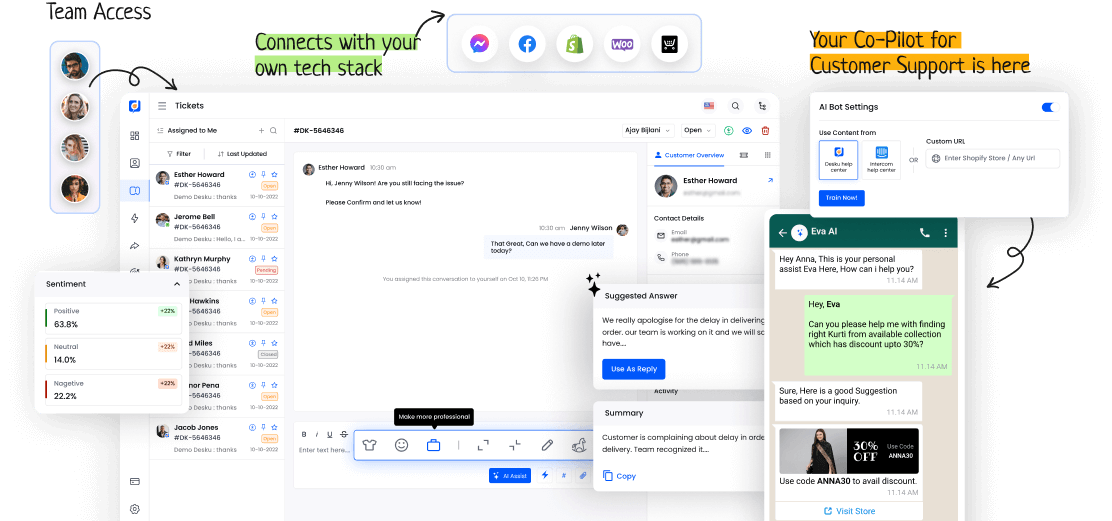Grasping the value of Lifetime Value is key for businesses seeking lasting growth and profit. It's more than just the transactional side of customer relations. It provides a rich view of the economic worth each customer adds during their time with a company.
This measure helps companies grasp the importance of their customer base. It also helps them plan strategies that encourage long-term loyalty and steady income. By digging into the layers of Lifetime Value, businesses uncover valuable insights. These can deeply influence their future plans.
I. Definition of Lifetime Value
Lifetime Value is a key number. It measures the total cash a company can get from a single customer. It spans their whole time with the company.
By knowing this value, companies can plan better. They can make more profit by managing customer relationships well. This way, businesses can last longer and do better.
This idea is a base for businesses. It helps them build solid customer bonds and make more money.
II. Importance of Lifetime Value in Business
Knowing the worth of Lifetime Value in business helps in steady growth and profit. Keeping customers is key to a constant income over time. By making customer loyalty and happiness a priority, businesses can see big growth in income.
Knowing the lifelong worth of each customer lets companies plan their strategies well. This builds long-term relationships and leads to financial success.
III. Calculating Customer Lifetime Value
To figure out a customer's total financial value, firms need to calculate Customer Lifetime Value sharply.
- Understanding the long-term profits a customer can make is key to Customer Lifetime Value.
- It directs businesses to focus on strategies for keeping customers.
- The average worth and frequency of purchases come into the calculation.
- The lifespan of a customer and how often they stick around matter a lot.
- CLV guides decisions for steady growth.





